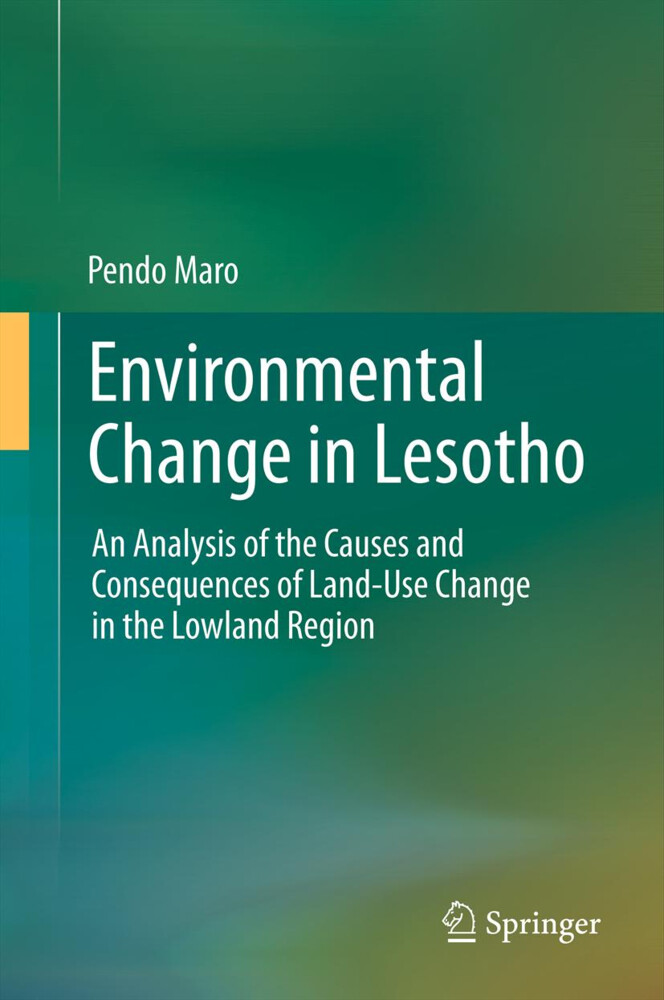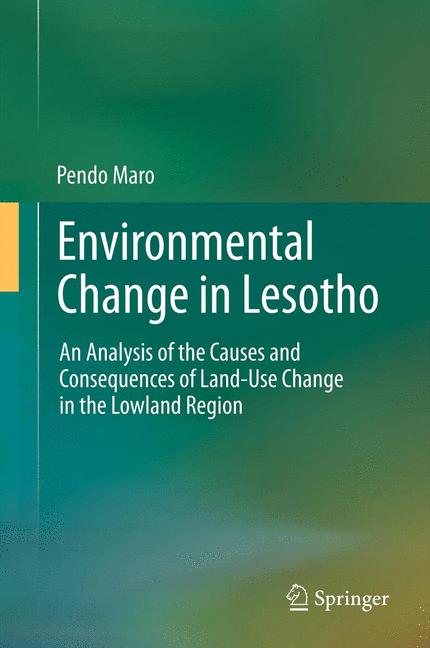By challenging commonly-held narratives about land-use change in Lesotho, this book brings forth some interesting and new ways of looking at land-use change, thus enriching the larger debates and decisions on sustainable land use and management.
Environmental Change in Lesotho identifies and analyzes the drivers of land-use change and the consequences of these changes on the livelihoods of rural land-users/managers. To accomplish this, a combination of tools from the social sciences and environmental fields were developed to identify causes and consequences of land-use change at selected levels, using a 'nested' approach. These methods were then applied to a case study of two villages in the Lowland region of Lesotho. This book is directed at environmental and social science experts, researchers, decision-makers, and development/aid workers interested in understanding the intricate human-environment relationship as it relates to land-use change in a changing biophysical, socio-economic, political and institutional context, coupled by HIV/AIDS, changing demographics, local perceptions and what is termed here 'dependency syndrome'.
Inhaltsverzeichnis
Introduction. - The Wealth of Knowledge: Drivers and Consequences of Land-Use Change. - Lesotho: Macro to Micro Perspectives of Land-Use Change. - Village Perceptions of Land-Use Change. -Village Patterns of Land-Use Change. - Discussing Causes and Consequences of Land-Use Change in the Lowland Region. - Conclusions: So What? . - Index.













